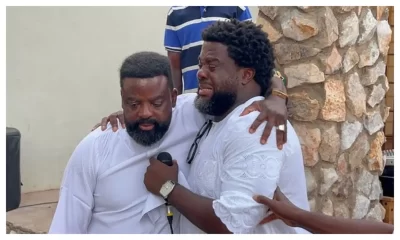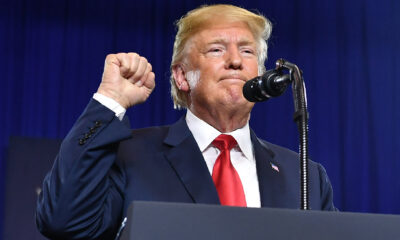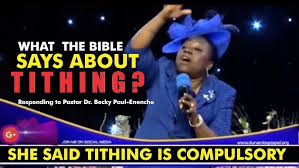Vladimir Putin began the second day of his trip to China on Friday by laying a wreath at the memorial to Soviet soldiers who kicked the Japanese out of Manchuria in 1945. Then he went to Harbin, the Chinese terminus of the trans-Siberian railway, to address an industry forum.
It was not hard to spot the symbolism. Defence and trade have been at the heart of Putin’s ambitious visit to China this week, and it is easy to understand why.
Russia is more than two years into a costly war of attrition. Putin’s political survival is pinned on military victory, and military victory now depends on long-term economic stability and trade that only China is in a position to underwrite. “It’s mainly about regime survival,” says Philipp Ivanov, a China-Russia analyst and the founder of the advisory Geopolitical Risks & Strategy Practice.
China, for its part, is explicit about its interests: Russia’s confrontation with the West is part of Beijing’s own struggle against the United States’ “hegemonic” attempts to “violate the strategic balance”. Or, as the two countries put it in a joint statement: “The United States still thinks in terms of the Cold War and is guided by the logic of bloc confrontation… which creates a security threat for all countries in the region. The US must abandon this behaviour.”
America’s global missile defence systems, its development of high-precision non-nuclear weapons, “extended nuclear deterrence” covering its allies, and deployment of intermediate and shorter-range weapons to its allies in Europe and the Pacific are among their grievances.
The irony, of course, is that Russia and China together form their own “logic of bloc confrontation” across a vast swath of the planet. For the West, it is they who have the potential to threaten global security and stability.
“The West is in a full spectrum, adversarial era of competition with not just one power, but with Russia and China at the same time,” says Michael Auslin, an American writer, policy analyst, historian and scholar of Asia. “We are in probably the most strategically complex and strategically confusing environment since the 1930s. The Cold War seems more predictable than what we have today. There are so many shifting parts… at a time when the West is exhausted.” So what is really going on between Moscow and Beijing? Will their alliance survive? And do they really want to upend the world order?






















